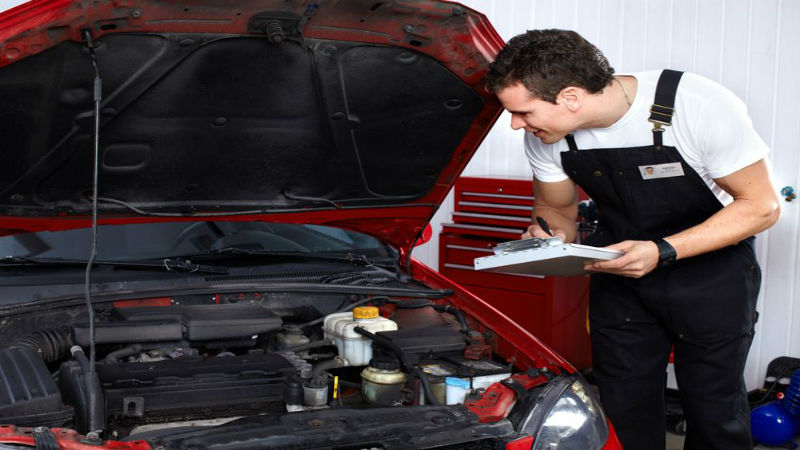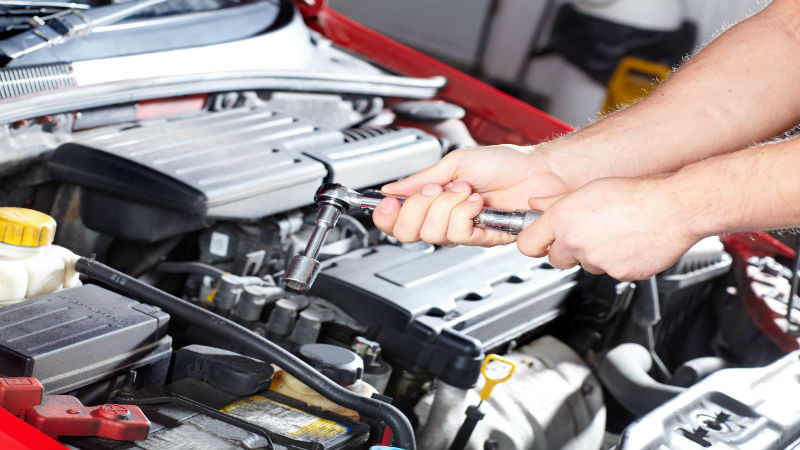When it comes to surviving the Arizona summer, a reliable vehicle air conditioning system is a must. But while many drivers know the discomfort of a failing A/C, fewer understand the essential role refrigerant plays in keeping their vehicle cool. From temperature control to system efficiency, refrigerant is the backbone of any effective auto A/C repair service.
Understanding how refrigerant functions and how it’s impacted by Arizona’s extreme heat can help you recognize issues early and maintain peak performance from your A/C system.
What Is Refrigerant and How Does It Work?
Refrigerant is a chemical compound that circulates through your vehicle’s A/C system, absorbing and releasing heat to cool the air entering your cabin. The most commonly used refrigerant in modern vehicles is R-134a, though newer models are transitioning to R-1234yf due to environmental regulations.
The A/C system uses a closed-loop cycle involving a compressor, condenser, expansion valve, and evaporator. As refrigerant flows through these components, it changes states between liquid and gas, absorbing heat from inside the cabin and expelling it outside.
Without sufficient or properly pressurized refrigerant, the system cannot perform this heat exchange effectively, resulting in warm or inconsistent airflow.
Why Arizona’s Climate Puts Extra Strain on A/C Systems
Arizona’s scorching summer temperatures, often exceeding 110°F, create one of the harshest environments for vehicle air conditioning systems. Here’s why refrigerant performance is especially important in this region:
1. Constant Use in Extreme Heat
Unlike more temperate climates, Arizona drivers often use their A/C systems year-round. Prolonged use increases wear on seals and fittings, creating more opportunities for refrigerant leaks and system inefficiencies.
2. Heat-Induced Pressure Fluctuations
High external temperatures raise the internal pressure of the refrigerant, placing stress on components like the compressor and hoses. Over time, this can lead to premature failure if the system isn’t regularly maintained.
3. Faster Refrigerant Degradation
Heat accelerates the chemical breakdown of refrigerant and lubricant in the system. If not addressed, this degradation can reduce cooling performance and even damage internal components like the evaporator core.
Signs You May Need Auto A/C Repair
Refrigerant-related issues often present subtle symptoms at first but can quickly escalate. Here are signs that your vehicle may require professional auto A/C repair:
- Warm air blowing from the vents
- Reduced cooling efficiency, especially in traffic
- Unusual noises from the compressor
- Visible refrigerant leaks or oily residue around fittings
- Frequent cycling of the A/C system on and off
If you notice any of these indicators, it’s best to schedule an inspection before the heat becomes unbearable. An experienced technician can run diagnostics, check system pressures, and identify whether the refrigerant needs to be recharged or if deeper repairs are needed.
The Importance of Regular Automotive A/C Service
A/C systems are pressurized, sealed units that require precision to operate properly. Routine automotive A/C service is essential not only for comfort but also to protect the longevity of your vehicle’s components.
Benefits of Regular Service Include:
- Optimal refrigerant levels and pressure balance
- Improved fuel efficiency by reducing strain on the engine
- Prevention of long-term damage to the compressor and evaporator
- Detection of slow leaks before they cause major problems
Technicians performing A/C service will typically inspect system pressures, test for leaks, measure temperature output, and ensure the correct refrigerant type is being used. Some shops also check cabin air filters and the integrity of seals and hoses, which can be affected by Arizona’s dry conditions.
For drivers searching for a trusted automotive repair shop that understands how heat impacts A/C systems, choosing one familiar with desert driving conditions can make a significant difference in comfort and system lifespan.
How Often Should You Service Your A/C System?
There’s no universal rule, but many experts recommend having your A/C system checked every 12–24 months. However, in hot climates like Arizona, more frequent inspections may be warranted—especially if your vehicle is more than five years old or sees heavy daily use.
Keep in mind that refrigerant doesn’t “get used up” under normal conditions. If levels are low, it usually indicates a leak, which must be located and repaired before recharging the system.
Final Thoughts: Stay Cool, Stay Safe
Refrigerant is the heart of your vehicle’s cooling system. Without it, your A/C can’t effectively regulate cabin temperature—especially under Arizona’s relentless sun. Understanding how refrigerant functions and recognizing early signs of A/C trouble are essential steps in maintaining comfort and avoiding costly repairs.
Whether you’re preparing for a summer road trip or simply trying to survive your daily commute, staying on top of refrigerant levels and scheduling regular automotive A/C service can ensure your system performs when you need it most.


